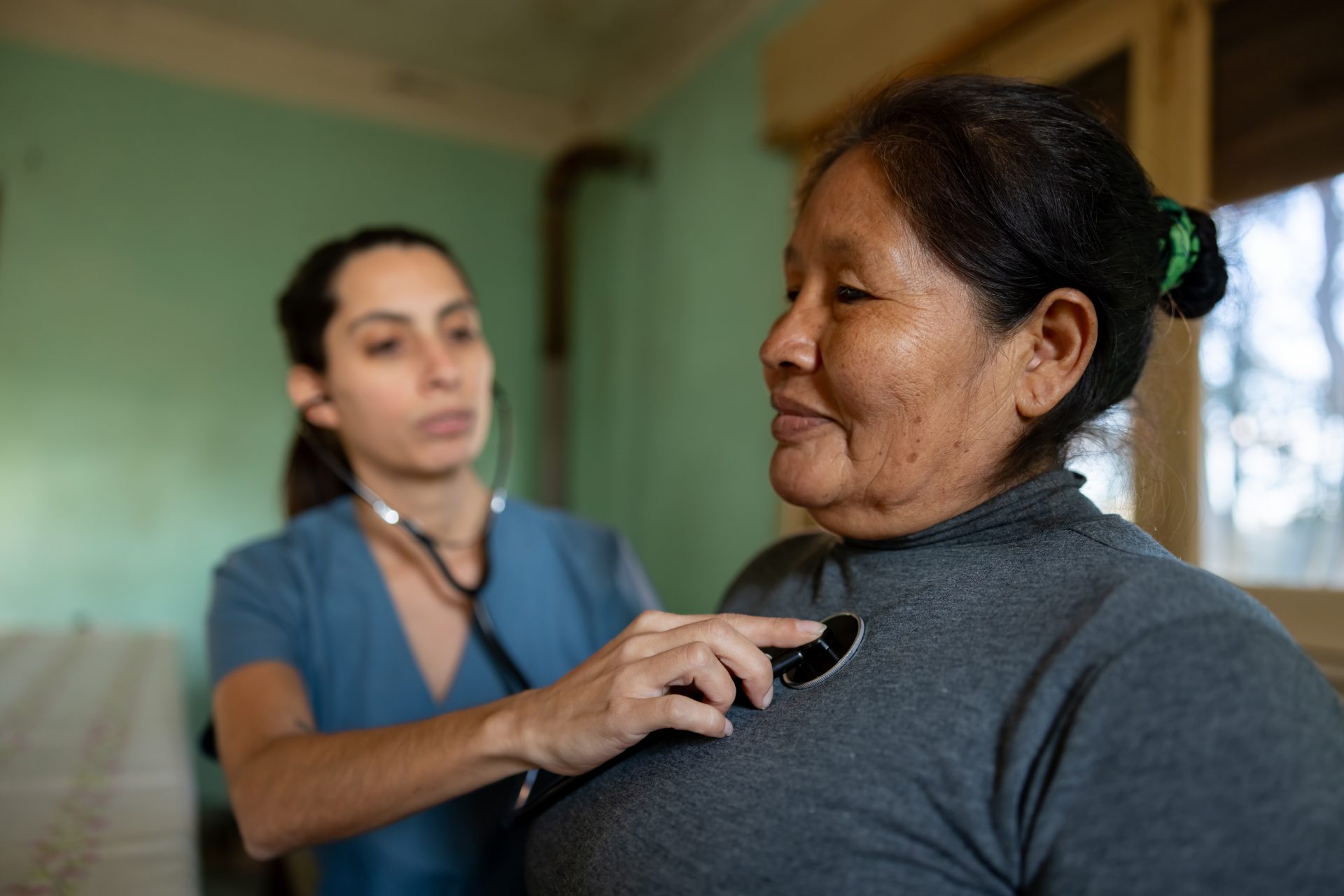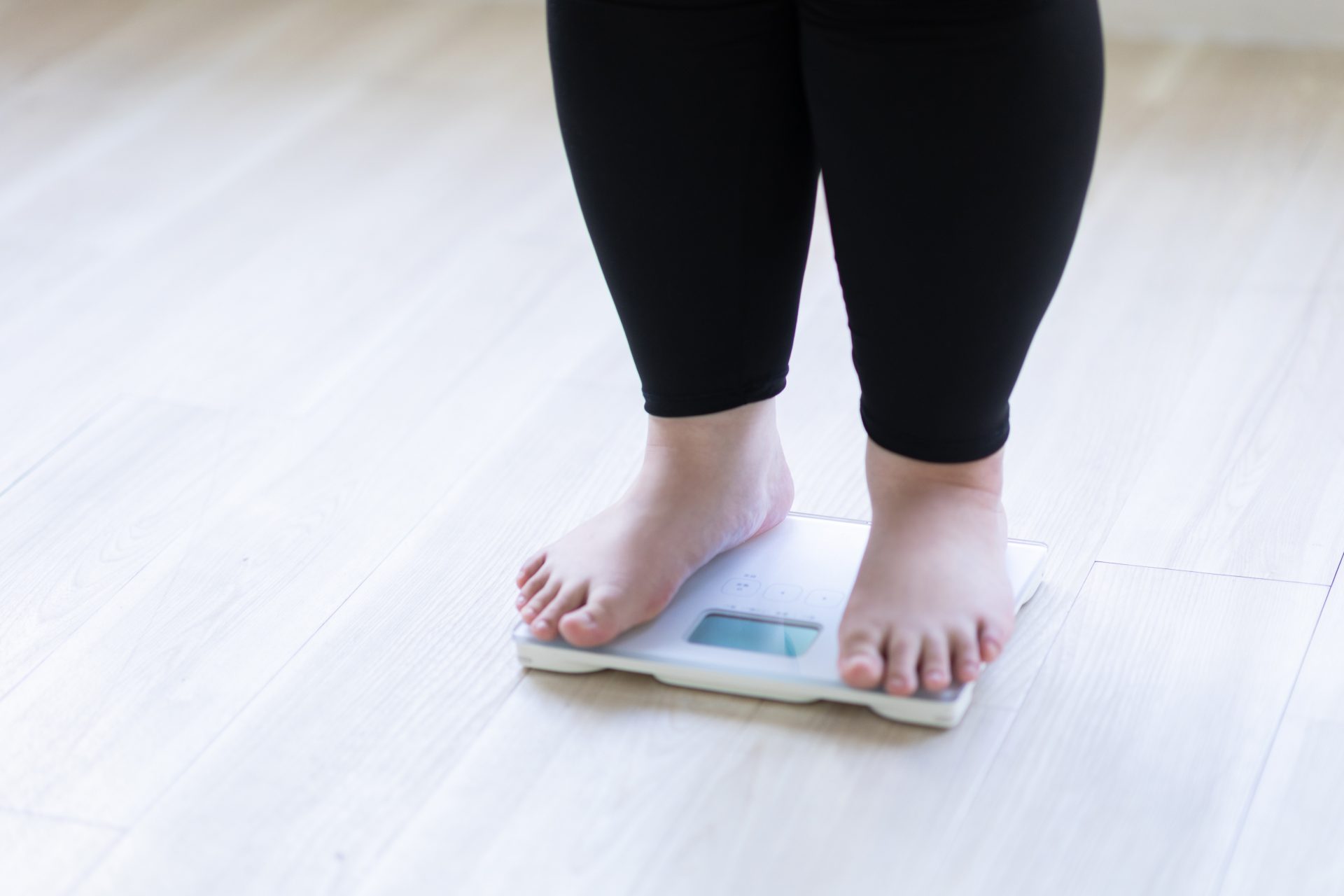America has the worst women’s health record of 14 high-income countries
American women have the highest rate of avoidable deaths among 14 countries – more than triple the rate of Japan and South Korea, according to a new study by the Commonwealth Fund published mid-August.
The study analyzed women’s health in the US, Australia, Canada, Chile, France, Germany, Japan, Korea, the Netherlands, New Zealand, Norway, Sweden, Switzerland, and the United Kingdom and found the US lagging behind in almost every aspect of health and wellbeing.
"What we really want to understand is what women's healthcare looks like across the life span," Munira Z. Gunja, senior researcher of the study told ABC news.
Much of the problem in the US stems from the lack of access to affordable healthcare with glaring disparities among different ethnic groups.
While 10 million American women (14%) between the ages of 19 and 64 were uninsured in 2023, a quarter of these were of Hispanic origin. According to the study, the US is the only country surveyed that fails to provide its citizens with access to free state health care.
Regarding avoidable deaths in the US, 270 of every 100,000 deaths in 2021 could have been prevented if the right prevention or treatment were provided at the right time.
As of 2022, women in the US had the lowest life expectancy – 80 years old – compared to women in other high-income countries.
South Korea is billed to become the world leader in life expectancy by the end of the next decade, according to a study published in The Lancet, with predictions that South Korean women will be living past 90 by 2030.
The Commonwealth Fund study states that the US has by far the highest rate of maternal deaths of any high-income nation, with Black women almost three times as likely to die from pregnancy complications than their White counterparts.
The US doubles the death rate from cardiovascular disease of some high-income countries in the study. Heart disease is the leading cause of death in US women, with 300,000 dying from it in 2021 alone.
US women are also the most likely to take prescription drugs on a regular basis, with at least 25% of women taking at least four prescription drugs on a daily basis.
Nearly two of five Black women in the US take four or more prescription drugs regularly. In Germany, the figure amounts to fewer than one in 10.
Regarding mental health, more White US women than Black or Hispanic reported mental health problems. Australian women also had high rates of mental health issues.
While exorbitant rates of obesity (40% of the population in 2024, according to CDC) contribute to the poor US health statistics, the Commonwealth Fund’s overwhelming conclusion is that the main factor is the unaffordable cost of healthcare.
James Bennett, lead researcher in The Lancet study, told Vox news site, “South Korea got a lot of things right” regarding health care access, which is why the increases in longevity have been so widespread.
“[South Korea] has had economic improvements, which has led to improved nutrition and access to health care and medical technology across the whole population,” Bennet added. Unlike the US, “South Korea is very equitable, all the way across the population.”
As Florida’s Democratic Senate candidate for the November elections, Debbie Mucarsel-Powell, tells El País news outlet, “It’s unacceptable that we live in a country that is still the most significant economic and military power in the world and yet there are families that can’t pay their bills or their medicine.”
More for you
Top Stories






























